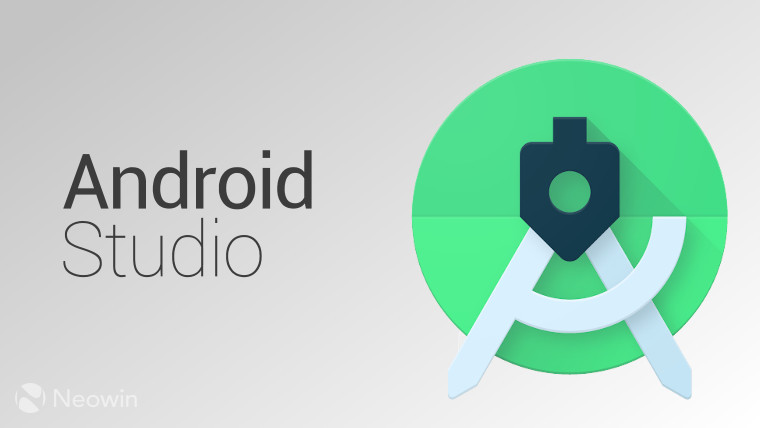Android Studio is the most popular IDE when it comes to Android development. Google consistently releases new versions of the software, fixing bugs and bringing a variety of new features to ease application development and deployment for developers.
Now, the company has shipped a major update with Android Studio 4.1, which is now available as a stable release for those eager to get their hands on a new set of features.

With Android Studio 4.1, Google has fixed 2,370 bugs and 275 public issues present in previous builds, and this release's focus is on improving performance and reliability. On the design end, there is an increased emphasis on Material Design with the "New Project" dialog using Material Design Components (MDC) by default.
On the development front, the update includes a Database Inspector which maintains a live connection with your app's database, regardless of whether it uses Jetpack Room library or SQLite databases. Through this tool, developers can easily inspect, query, and modify the app's database even when it is running. You can now also run the Android Emulator directly in Android Studio, which allows you to better organize your workflow.
Google has also made it easier to navigate across Dagger-related code since it is a very popular library used by a wide range of people for dependency injection. For developers that use machine learning in their applications, TensorFlow Lite models are now easier to import in applications.

The company has also released a host of new features in the "build & test" domain. The Android Emulator in this latest release features devices with foldable hinges so you can test your application on this form factor. It is easier to test new changes to applications with the Apply Changes feature being made faster for devices running Android 11 and above.
Developers can now export native C/C++ dependencies from external native Android Archive (AAR) files as well. The ability to add symbolication for app crash reports is present too for better human readability and analysis in stack traces.
On the optimization front, there are three major updates. Firstly, the UI of System Trace has been revamped with capabilities such as box selection, summary tab, and display section offered for increased productivity. Secondly, Android Studio Profilers can now be accessed in a separate standalone window, allowing you to connect to any Android emulator or connected device. Lastly, Android Studio 4.1 comes bundled with Native Memory Profiler to provide more information about the allocation and deallocation of objects as well as system heap size.
If you're interested in downloading Android Studio 4.1, head over to the dedicated page here.


















2 Comments - Add comment